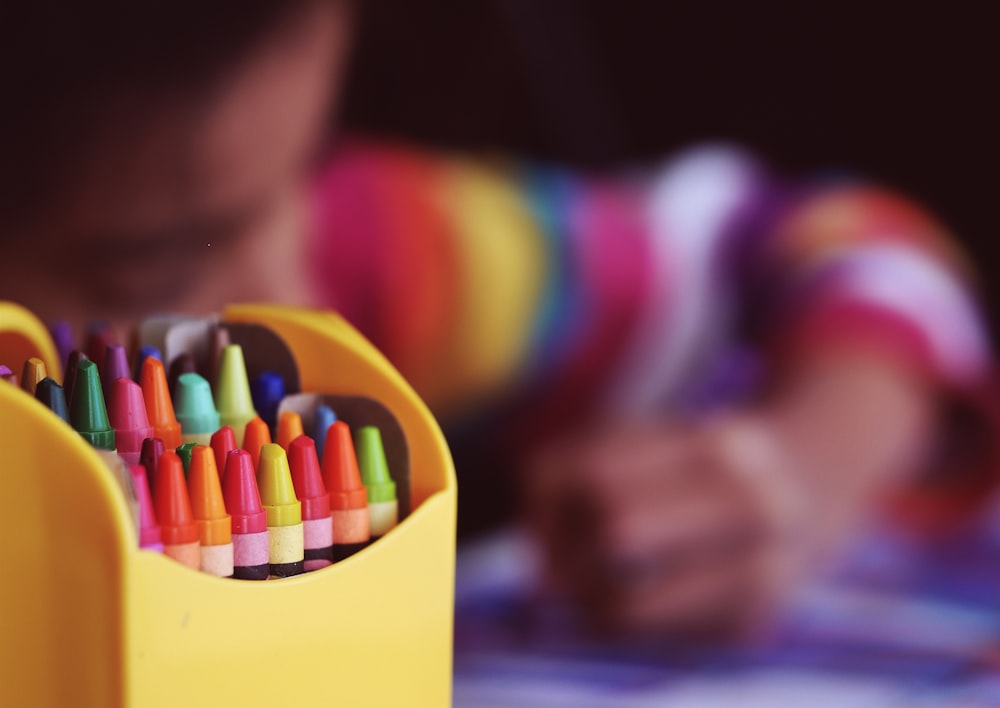Montessori Method Unveiled: Insights for Educational Excellence
The Montessori method, developed by Maria Montessori, has gained global recognition for its unique approach to education. In this exploration, we uncover the key insights of the Montessori method and how they contribute to fostering educational excellence.
Foundational Principles of Montessori Education
At the heart of the Montessori method are foundational principles that guide the educational approach. These principles include respect for the child’s individuality, the importance of a prepared environment, and the belief in a child’s natural curiosity and desire to learn. Understanding and embracing these principles are fundamental to unlocking the full potential of the Montessori method.
Child-Centered Learning Environment
A distinctive feature of Montessori education is its child-centered learning environment. Classrooms are designed to cater to individual needs and interests, allowing students to explore at their own pace. This personalized approach fosters a love for learning and encourages independence, self-discipline, and a sense of responsibility.
Multi-Age Classrooms and Peer Learning
Montessori classrooms often feature multi-age groupings, where students of different ages share the same learning space. This intentional design promotes peer learning and collaboration. Older students serve as role models and mentors, while younger ones benefit from observing and learning from their peers, creating a dynamic and supportive community.
Holistic Curriculum Integration
The Montessori curriculum is holistic, integrating various subjects and life skills. It goes beyond traditional academics to encompass practical life skills, sensorial exploration, mathematics, language, cultural studies, and more. This interdisciplinary approach ensures a well-rounded education that addresses the cognitive, social, emotional, and physical development of each child.
Hands-On Learning with Montessori Materials
Central to Montessori education is the use of hands-on learning materials. These carefully designed materials serve as educational tools that help children grasp abstract concepts through concrete experiences. The tactile nature of these materials engages multiple senses, enhancing understanding and retention of academic concepts.
Promotion of Independence and Self-Directed Learning
Montessori education places a strong emphasis on fostering independence and self-directed learning. Students are encouraged to make choices, take responsibility for their actions, and develop a sense of self-motivation. This approach empowers children to become active participants in their education and prepares them for a lifetime of self-directed learning.
Emphasis on Peace Education and Social Skills
The Montessori method includes a focus on peace education, teaching children conflict resolution, empathy, and the importance of mutual respect. The emphasis on social skills and a peaceful learning environment creates a community where children learn not only academic subjects but also essential life skills for effective communication and collaboration.
Continuous Assessment through Observation
Rather than relying solely on traditional testing methods, Montessori education employs continuous assessment through observation. Teachers closely observe each child’s progress, noting strengths, challenges, and developmental milestones. This individualized assessment approach allows for targeted support and adjustments to meet the unique needs of each student.
Parent and Teacher Partnership
Montessori education recognizes the importance of a strong partnership between parents and teachers. Open communication and collaboration between educators and families contribute to a seamless learning experience for the child. Parental involvement is encouraged, fostering a supportive learning community that extends beyond the classroom.
Explore Montessori Method Insights at www.igaseng.com
To gain deeper insights into the Montessori method and its transformative impact on education, visit www.igaseng.com. This platform offers resources, articles, and guidance for parents, educators, and anyone interested in understanding and implementing the principles of Montessori education. Explore the world of Montessori and unlock the potential of a child-centered and holistic approach to learning.
In conclusion, the Montessori method offers a unique and insightful approach to education, focusing on the individual needs and development of each child. By embracing the principles of respect, independence, and holistic learning, Montessori education sets the stage for educational excellence, nurturing curious minds and confident learners.



